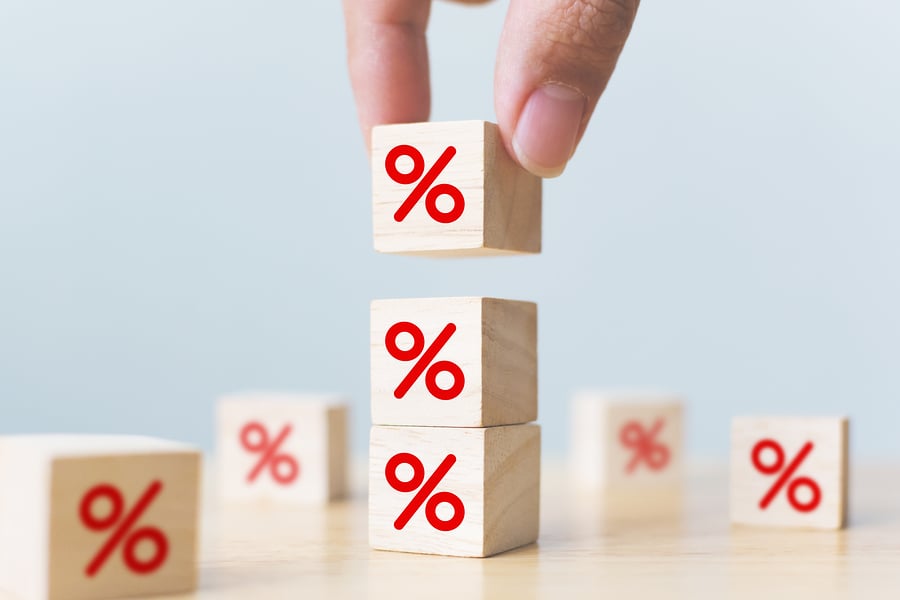

The interest rates offered on savings and money market accounts have risen dramatically, but you wouldn’t know it based on the returns American savers are reporting.
According to a Bankrate survey conducted in partnership with YouGov between February 20 and February 23, two-thirds of American savers are earning returns below 4 percent. That survey covered 3,581 US adults, including 2,418 with short-term savings.
But Bankrate says the average annual percentage yield for the top 50 highest-yielding savings and money market accounts it tracks on Bankrate.com is far above that – 4.74 percent as of March 20.
According to its survey, the proportion of savers achieving at least a 4 percent return has risen to 22 percent, up from 7 percent a year ago, mirroring a broader trend of rising interest rates in the banking sector.
But despite the more compelling rates, a third of Americans (33 percent) report having no emergency or short-term savings, unchanged from last year.
"Although plenty of savers have benefitted from rising interest rates, with the percentage of savers earning at least 4 percent having tripled from one year ago, millions of Americans still need to get on board," Greg McBride, chief financial analyst at Bankrate, said in a statement.
To put a finer point on it, McBride said two-thirds of savers aren't maximizing their return potential, turning a blind eye to high-yield accounts that require little to no minimum deposit.
To be sure, online banking adoption is on the rise: 51 percent of Americans have a savings or money market account with an online bank, up from 40 percent the previous year.
But resistance remains, as 46 percent of survey respondents said they do not use an online bank. Among several barriers, they cited a preference for local branch access (45 percent), satisfaction with their current financial institution (42 percent), and concerns over the security of their money (32 percent).
Still, McBride called on holdouts against the online banking trend to get with the program, arguing many of the concerns they cited are actually nonissues.
"The preference for a local branch or comfort level with the current financial institution can both remain intact, as only your savings account – nothing else – can be moved to an online bank to earn a higher rate of return," he said.

Relationships are key to our business but advisors are often slow to engage in specific activities designed to foster them.

Whichever path you go down, act now while you're still in control.

Pro-bitcoin professionals, however, say the cryptocurrency has ushered in change.

“LPL has evolved significantly over the last decade and still wants to scale up,” says one industry executive.

Survey findings from the Nationwide Retirement Institute offers pearls of planning wisdom from 60- to 65-year-olds, as well as insights into concerns.
Streamline your outreach with Aidentified's AI-driven solutions
This season’s market volatility: Positioning for rate relief, income growth and the AI rebound
